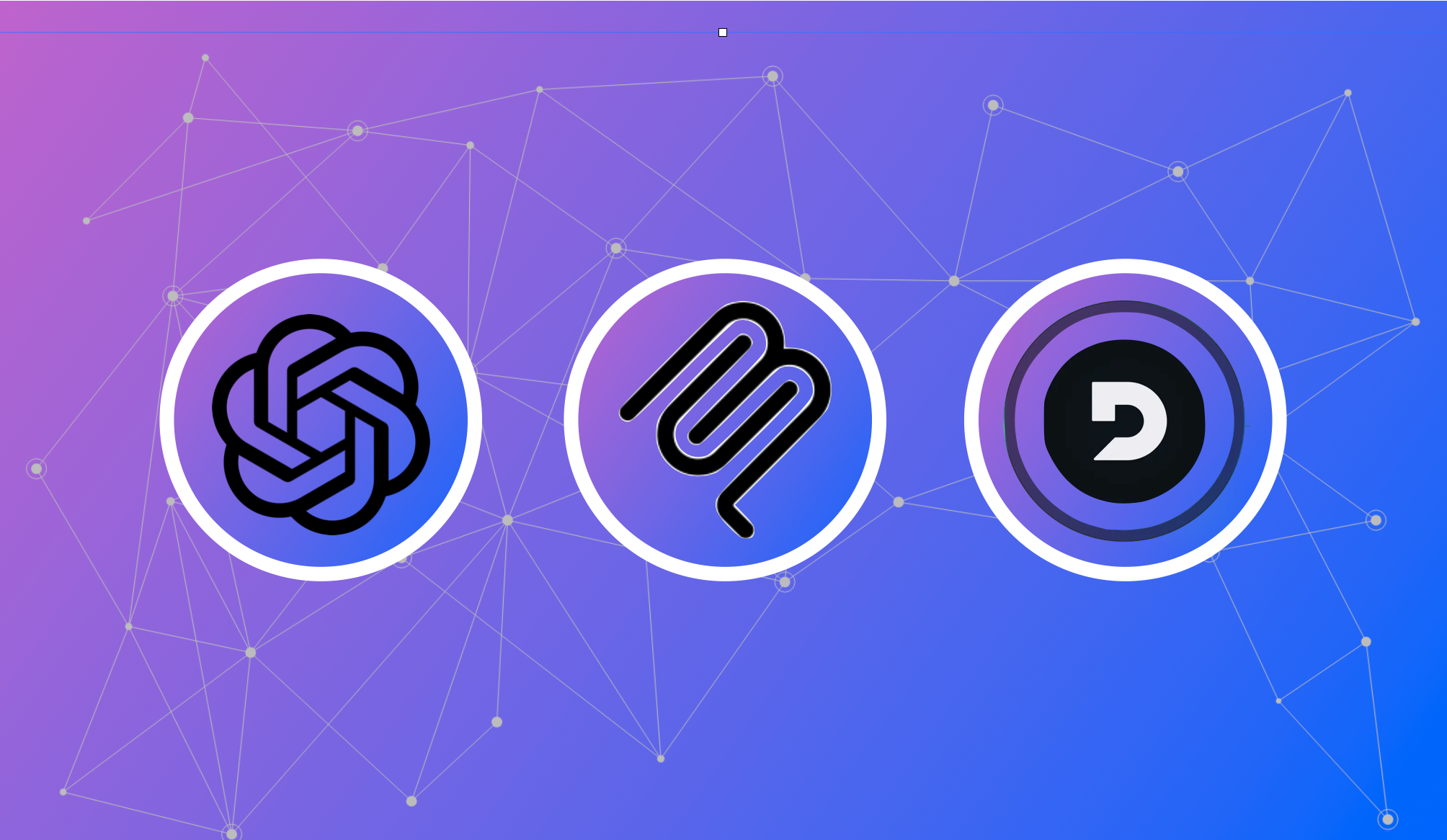
In the vibrant, fast-evolving world of artificial intelligence, where innovation sparks daily conversations and pushes the boundaries of what’s possible, a new kind of ‘Serena’ is making waves – not on the tennis court, but in the intricate arenas of software development. This Serena isn’t a celebrity in the traditional sense, but a powerful coding agent toolkit, silently transforming how large language models (LLMs) interact with our codebases. It’s a story of empowerment, efficiency, and a fresh approach to the challenges developers face every single day.
Imagine a world where your AI assistant doesn’t just suggest code snippets, but truly *understands* your project’s architecture, navigates its complexities with the precision of a seasoned developer, and makes edits at the symbol level rather than through clumsy string replacements. This isn’t a futuristic fantasy; it’s the present reality enabled by Serena. Designed to turn any LLM into a fully-featured agent that works directly on your codebase, Serena is quickly becoming the unsung hero for countless programmers looking to supercharge their AI-driven workflows.
What truly sets Serena apart in a crowded landscape of coding tools is its remarkable versatility and independence. Unlike many other solutions, it operates without being tied to a specific LLM, a particular framework, or even a rigid interface. This flexibility means developers can integrate Serena into their existing environments in a multitude of ways, from enhancing terminal-based clients to supercharging IDEs. It’s about providing robust, IDE-like capabilities to the LLMs you already use, creating a seamless and profoundly more efficient coding experience.

1. **Introducing Serena: The AI Coding Agent Toolkit**Serena emerges as a groundbreaking innovation in the realm of artificial intelligence, precisely engineered as a powerful coding agent toolkit. Its fundamental purpose is to elevate the capabilities of any large language model, transforming it into a fully-featured agent that can operate directly within your codebase. This isn’t just about providing suggestions; it’s about enabling LLMs to perform active, intelligent work, mirroring the intuitive interaction a human developer has with their project. The vision behind Serena is clear: to bridge the gap between AI’s processing power and the granular demands of code manipulation.
The traditional hurdles of integrating LLMs into development workflows often involve token inefficiency and a lack of semantic understanding. Serena tackles these head-on by acting as a sophisticated intermediary. It’s designed to empower LLMs to not just *read* code, but to *comprehend* it on a deeper, symbolic level, allowing for more precise and effective actions. This capability is pivotal for developers navigating complex projects where a superficial understanding simply won’t suffice. Serena promises to make the dream of an AI co-developer a tangible reality, working in harmony with human insights.
A significant aspect of Serena’s design philosophy is its commitment to independence and broad applicability. As the context emphasizes, “Unlike most other tools, it is not tied to an LLM, framework or an interface, making it easy to use it in a variety of ways.” This neutrality is a massive advantage, ensuring that users aren’t locked into proprietary ecosystems. Whether you prefer Claude, ChatGPT, or another client, Serena offers a consistent and powerful enhancement layer, proving that true innovation often lies in open, adaptable solutions that respect a developer’s existing toolkit and preferences.
2. **Semantic Powerhouse: IDE-like Tools for LLMs**At the heart of Serena’s transformative power lies its robust suite of semantic code retrieval and editing tools. These aren’t just utilities; they are akin to the sophisticated capabilities found within an Integrated Development Environment (IDE) that seasoned developers rely on daily. Serena achieves this by “extracting code entities at the symbol level and exploiting relational structure.” This means it doesn’t just see code as a flat text file; it understands the functions, variables, classes, and their relationships within the broader project, leading to far more intelligent and precise interventions.
This deep semantic understanding liberates LLMs from many of their inherent limitations in coding tasks. For too long, coding agents have struggled with inefficiencies, often resorting to cumbersome methods like reading entire files to locate specific pieces of code or performing “grep-like searches or string replacements” for simple edits. Serena eradicates these inefficiencies. By providing an LLM with IDE-like precision, it drastically enhances “token efficiency,” a critical factor for both performance and cost-effectiveness when interacting with large language models.
With Serena, the LLM gains access to a specialized toolkit that allows for highly targeted operations. Instead of sifting through verbose text, it can utilize “code centered tools like find_symbol, find_referencing_symbols and insert_after_symbol.” These tools enable the agent to pinpoint exactly where modifications are needed, understand the context of those changes, and execute them with surgical accuracy. This level of control not only saves precious tokens but also significantly improves the quality and reliability of the generated or modified code, making development work smarter, not harder.

3. **The Freedom Factor: Open-Source and Cost-Effective**In an era where many advanced AI tools come with hefty subscription fees or premium charges, Serena stands out with a refreshing commitment to accessibility: it is entirely “free & open-source.” This fundamental characteristic democratizes sophisticated coding agent capabilities, allowing developers and organizations of all sizes to leverage its power without financial barriers. The open-source model fosters transparency, encourages community contributions, and ensures that this vital technology remains in the hands of the users it’s designed to serve.
The financial benefits extend beyond just the initial cost. Serena’s semantic tools are specifically engineered to “greatly enhance (token) efficiency.” For anyone working with LLMs, token consumption directly translates into operational costs. By enabling LLMs to perform precise, symbol-level operations, Serena drastically reduces the need for the model to process large, irrelevant chunks of code. This intelligent approach means “saving costs,” which can be a significant advantage, especially for larger projects where cumulative token usage can quickly become substantial.
Furthermore, the context explicitly notes that Serena “frequently achieves better results than existing solutions that charge a premium.” This statement is a powerful endorsement of its effectiveness, highlighting that ‘free’ doesn’t mean ‘inferior.’ Instead, Serena demonstrates that an open-source, community-driven approach, combined with intelligent design, can outperform costly alternatives. It empowers users to enhance the LLMs they “already have access to free of charge,” proving that advanced coding assistance doesn’t have to break the bank.

4. **Flexible Integration: Connecting Serena to Your LLM**Serena’s developers understood that a truly universal tool needs to be adaptable. This is vividly reflected in the multitude of ways “Serena can be integrated with an LLM,” ensuring it can seamlessly slot into virtually any existing workflow or preferred client. This flexibility is key to its broad appeal, allowing users to harness its power whether they are deep in an IDE, using a terminal, or interacting with a local GUI. The goal is to provide the “necessary tools for coding workflows,” while acknowledging that “an LLM is required to do the actual work, orchestrating tool use.”
One of the primary methods of integration is “by using the model context protocol (MCP).” Serena provides a dedicated MCP server, which acts as a bridge to a wide array of popular LLM clients and development environments. This includes sophisticated integrations with “Claude Code and Claude Desktop,” alongside various “Terminal-based clients like Codex, Gemini-CLI, Qwen3-Coder, rovodev, OpenHands CLI and others.” Furthermore, it extends its reach to widely used IDEs such as “VSCode, Cursor or IntelliJ,” and various extensions like Cline or Roo Code, ensuring a comprehensive ecosystem of support.
For those LLM clients that may not natively support the MCP, Serena offers alternative pathways. Users can integrate it “by using mcpo to connect it to ChatGPT or other clients that don’t support MCP but do support tool calling via OpenAPI.” This ensures that even popular web-based LLMs can benefit from Serena’s advanced capabilities. Additionally, for developers building custom AI agents, Serena’s tools can be incorporated directly into “an agent framework of your choice,” with its “tool implementation… decoupled from the framework-specific code,” making adaptation remarkably straightforward and efficient.

5. **Real-World Impact: Demonstrations in Action**While technical specifications paint a picture of capability, nothing illustrates the true power of an innovative tool like real-world demonstrations. Serena’s developers have thoughtfully provided clear examples that showcase its effectiveness and the tangible benefits it brings to coding workflows. These demonstrations aren’t just theoretical; they serve as compelling evidence of how Serena translates its semantic understanding and toolset into practical advantages, solidifying its reputation as a “game changer” in the developer community.
“Demonstration 1: Efficient Operation in Claude Code” perfectly encapsulates Serena’s core value proposition. This example vividly illustrates how Serena “efficiently retrieving and editing code within Claude Code, thereby saving tokens and time.” The efficiency gained isn’t merely about cutting costs; it’s also crucial for “generally improving the generated code’s quality.” This impact is particularly pronounced in larger projects, where the ability to operate precisely and frugally with tokens becomes “of crucial importance,” differentiating Serena from less sophisticated, token-hungry alternatives.
“Demonstration 2: Serena in Claude Desktop” offers another compelling look at Serena in action, showing it “implementing a small feature for itself (a better log GUI) with Claude Desktop.” This example highlights how Serena’s powerful “tools enable Claude to find and edit the right symbols.” It’s a testament to the toolkit’s ability to handle practical development tasks, not just theoretical ones, showcasing its utility in building and refining software features. These demonstrations collectively paint a picture of a robust, practical, and highly effective coding agent capable of real-world problem-solving.

6. **Universal Translator: Broad Programming Language Support**A truly versatile coding agent must be fluent in the diverse dialects of programming, and Serena rises to this challenge with impressive breadth. Its “semantic code analysis capabilities build on language servers using the widely implemented language server protocol (LSP).” This architectural choice is brilliant, as LSP provides a standardized “set of versatile code querying and editing functionalities based on symbolic understanding of the code.” This foundation ensures that Serena can understand and manipulate code “just like a seasoned developer making use of an IDE’s capabilities would,” even within “very large and complex projects.”
Serena offers direct, “out-of-the-box support” for an extensive array of popular programming languages, making it immediately useful across a wide spectrum of development environments. The list includes stalwarts like “Python, TypeScript/Javascript, PHP, Go, R, Rust, C/C++, C#, Ruby, Swift, Kotlin, Java, Clojure, Dart, Bash, Lua, Nix, Elixir, Erlang, AL.” While some languages may require specific installations or have minor caveats (like “Java (Note: startup is slow)” or “C/C++ (you may experience issues with finding references)”), the sheer volume of supported languages underscores Serena’s ambition to be a universal coding assistant.
Beyond its existing roster, Serena is designed for future expansion and adaptability. The context notes that “Support for further languages can easily be added by providing a shallow adapter for a new language server implementation.” This forward-thinking design ensures that as new languages emerge or existing ones gain prominence, Serena can readily extend its capabilities. It solidifies its position as a flexible and future-proof tool, continually evolving to meet the demands of the dynamic software development landscape.




